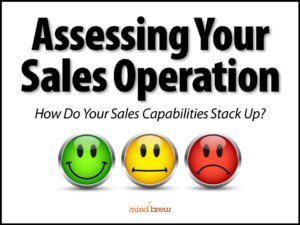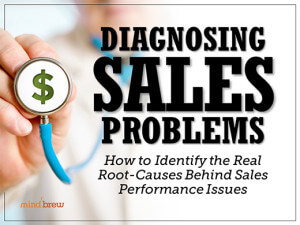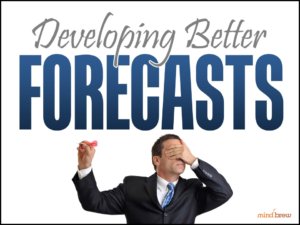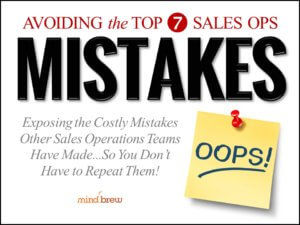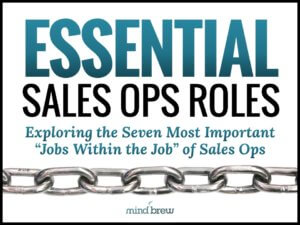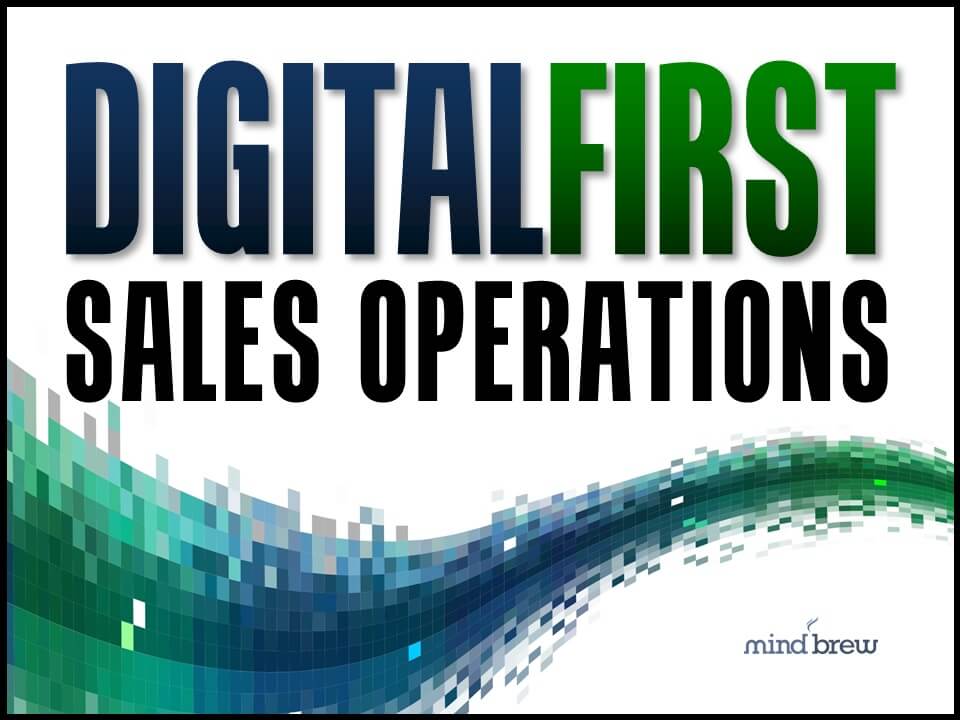In 1969, psychologist Philip Zombardo ran an experiment that began with him abandoning two cars — one in a low-income neighborhood and one in an affluent neighborhood. In the low-income neighborhood, people began stripping the car for parts in just 10 minutes, but in the affluent neighborhood, the car sat untouched for more than a week until Zombardo hit it with a sledgehammer. After that, it was open season and people not only took parts, they added to the destruction.
Intrigued by this research, political scientist George L. Kelling and criminologist James Q. Wilson developed the ideas it suggested into the Broken Window Theory. In a nutshell, the theory says that if people can see signs of disorder — like a broken window or a car that’s been hit by a sledgehammer — they’ll be more likely to engage in destructive or illegal behavior. By extension it suggests that if local government wants to reduce crime, it needs to crack down on vandalism and other minor crimes.
Since then city officials and mayors have seized on this idea–focusing on cleaning up graffiti, repairing vandalism, and making arrests for petty crime. While later scientists have questioned the extent to which methods are responsible, some cities have seen crime fall dramatically.
Although your sales environment doesn’t have physical disarray like abandoned vehicles or broken windows, metaphorical “broken windows” might be manifest in the form of disorderly sales processes, poor data management, or unaligned strategies between sales and other departments. These disruptive elements can communicate internally that the order is not a priority and externally, that your company may be easier to negotiate with or exploit.
Internally, disorder may inadvertently encourage the sales team to sidestep established protocols. They might ignore set data entry norms, circumvent approval channels, or exploit inconsistent policy enforcement to maximize their returns or ease their workflow.
Externally, clients and prospects might perceive the lack of cohesion and stringency as an opportunity to press for more concessions during negotiations. And if your sales team has been navigating through internal disorder, they might not have the structural support to confidently uphold policies in client interactions.
So how do you solve these problems?
The Sales Ops equivalent of cleaning up graffiti is to pay attention to the fundamentals. We recommend starting with the webinar on Assessing Your Sales Operation to see how your capabilities compare to what our research has found leading Sales Ops teams are doing. You should also check out Diagnosing Sales Problems. The “broken windows” that people see in the sales organization are often symptoms of deeper problems. If you address these root causes, you can not only address the immediate problem but also make it less likely to occur again in the future.
Plus, it’s a great time to sign up for our upcoming live webinar, Building The Right Sales Ops Habits. We’ll be examining the behaviors that Sales Ops professionals should embrace on a daily basis, covering technical practices, interpersonal behaviors, and the mindset that the best Sales Ops teams have. It’s a good place to start building a solid foundation.
If you’re on a street with lots of broken windows, graffiti, and litter, you instinctively become hyper vigilant because you just don’t feel as safe. In the same way, poor sales practices can also put your company in danger. By cleaning up the small messes, you can help prevent some bigger issues for your company.
Don’t miss our next webinar:
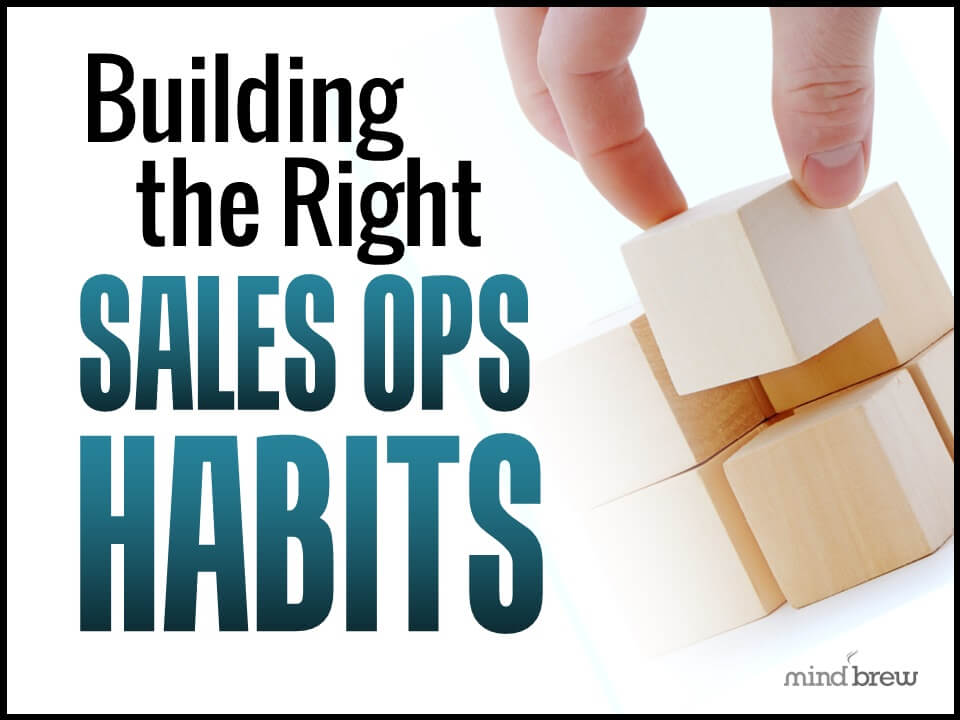
Building the Right Sales Ops Habits
Learn the Behaviors That Separate the True Sales Ops Professionals from Everyone Else
Thursday, November 9, 2023
10 AM Pacific / 1 PM Eastern / 7 PM CET

